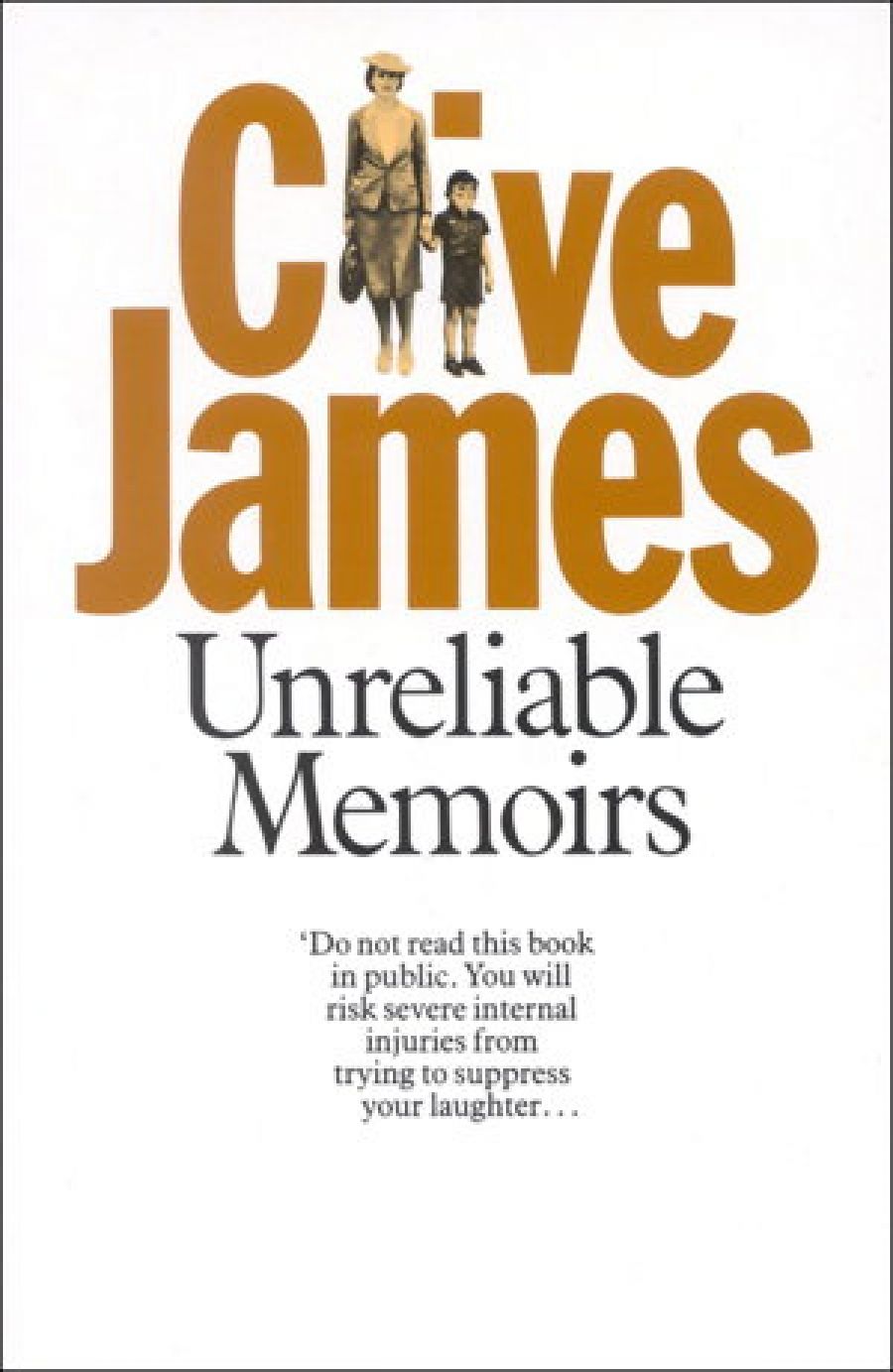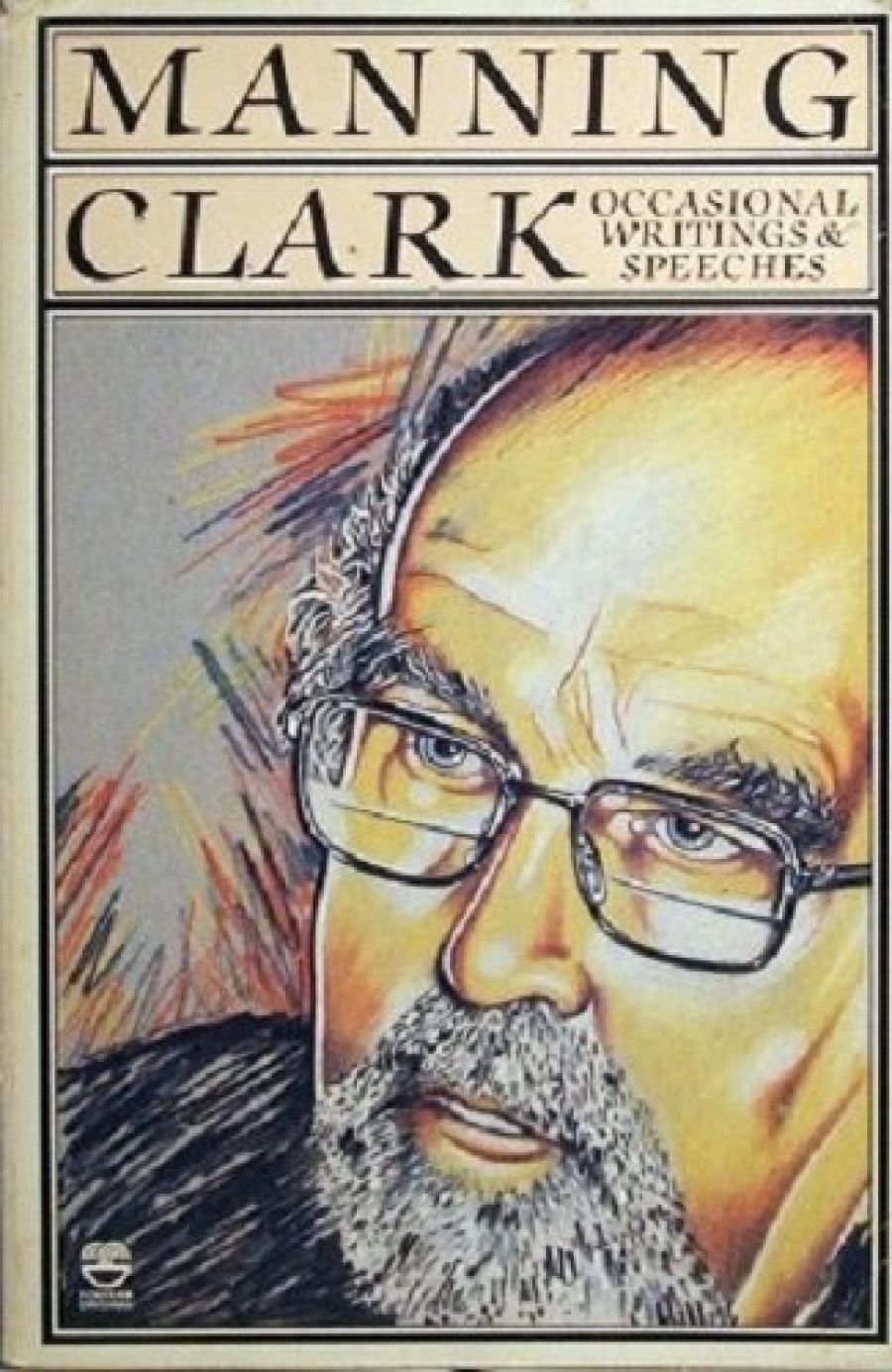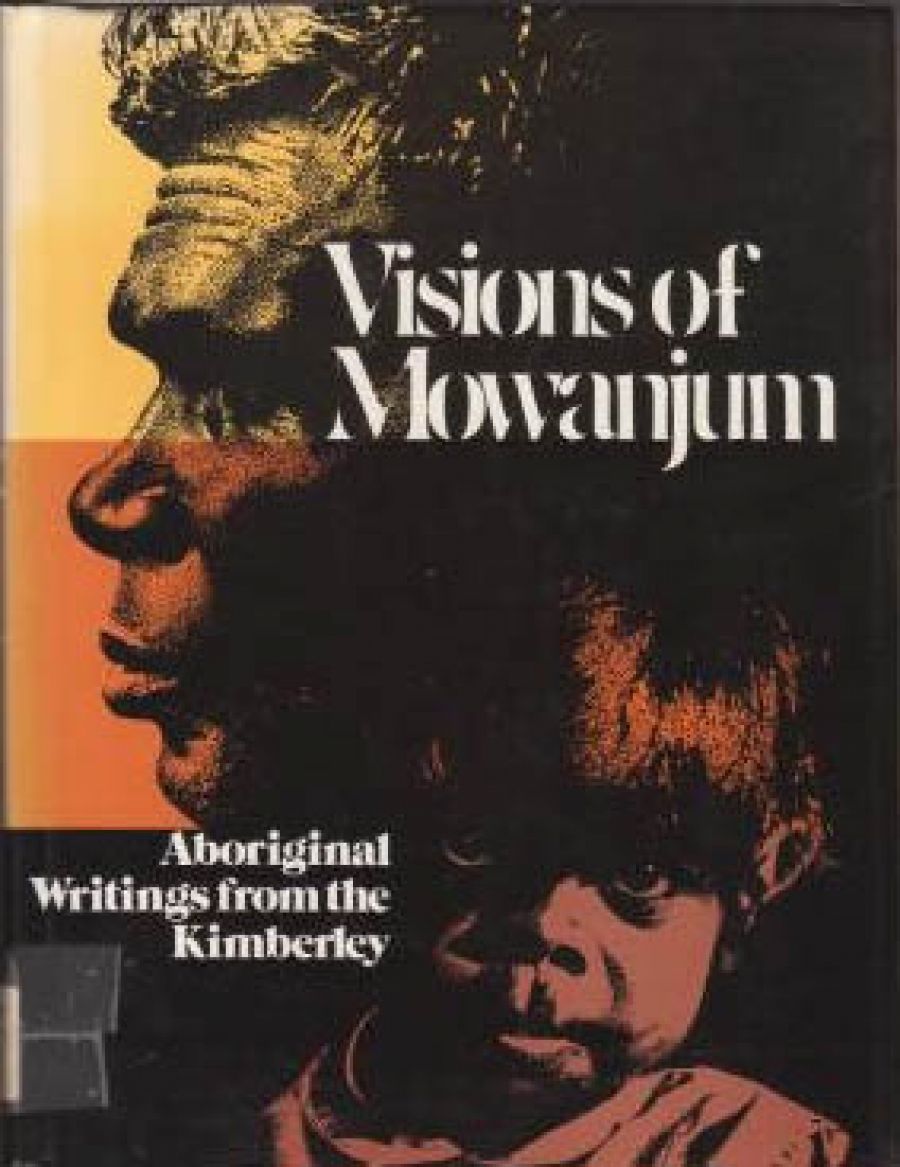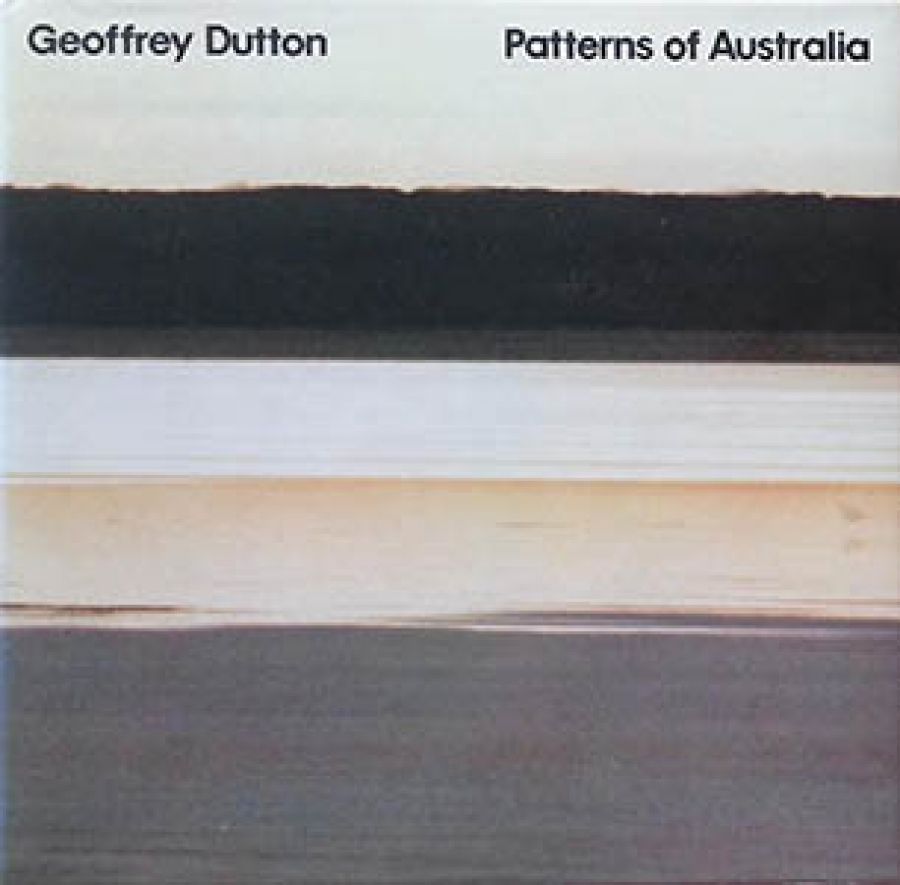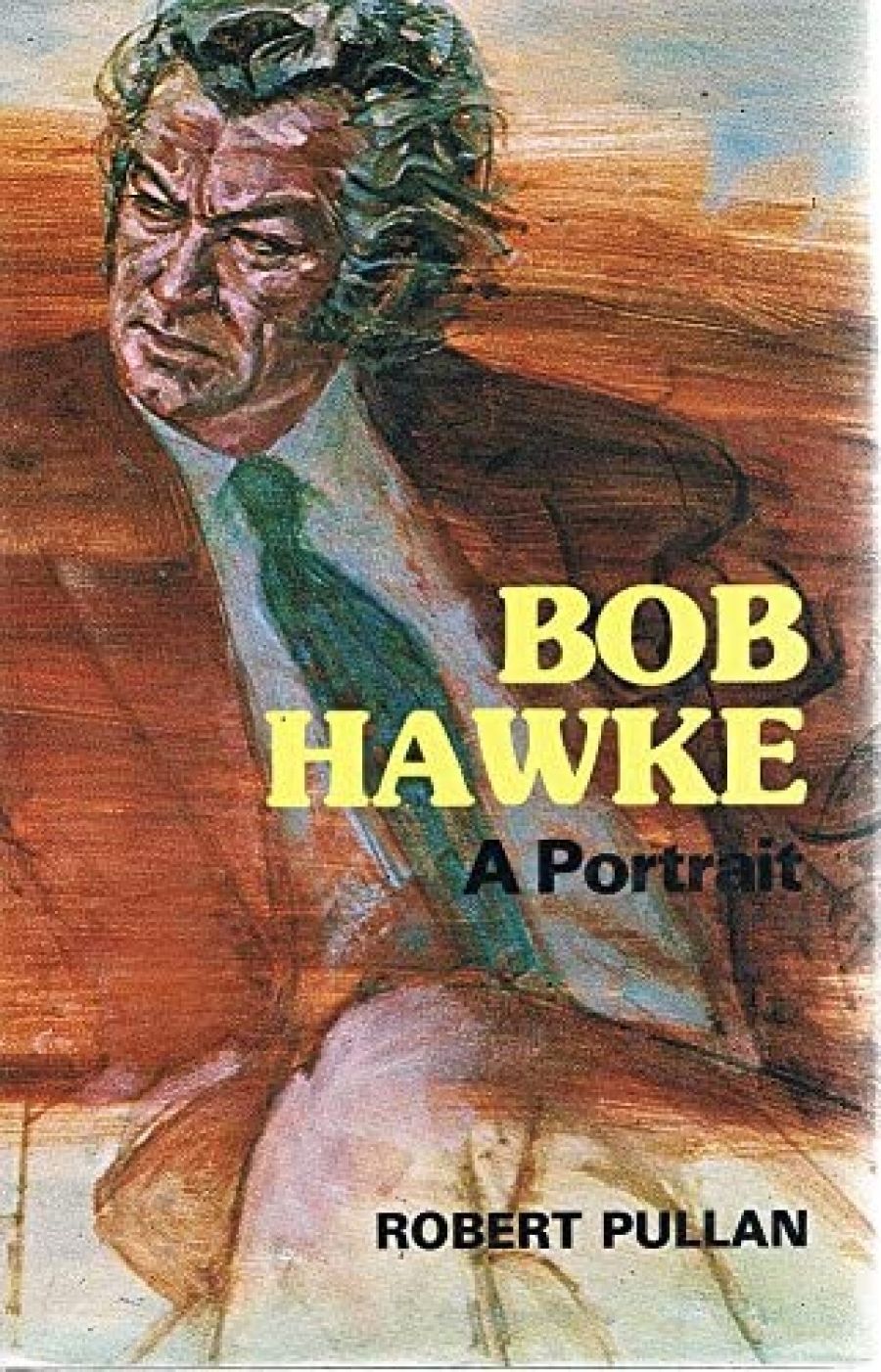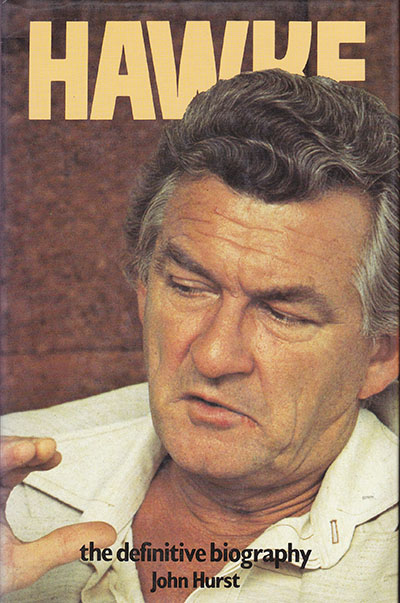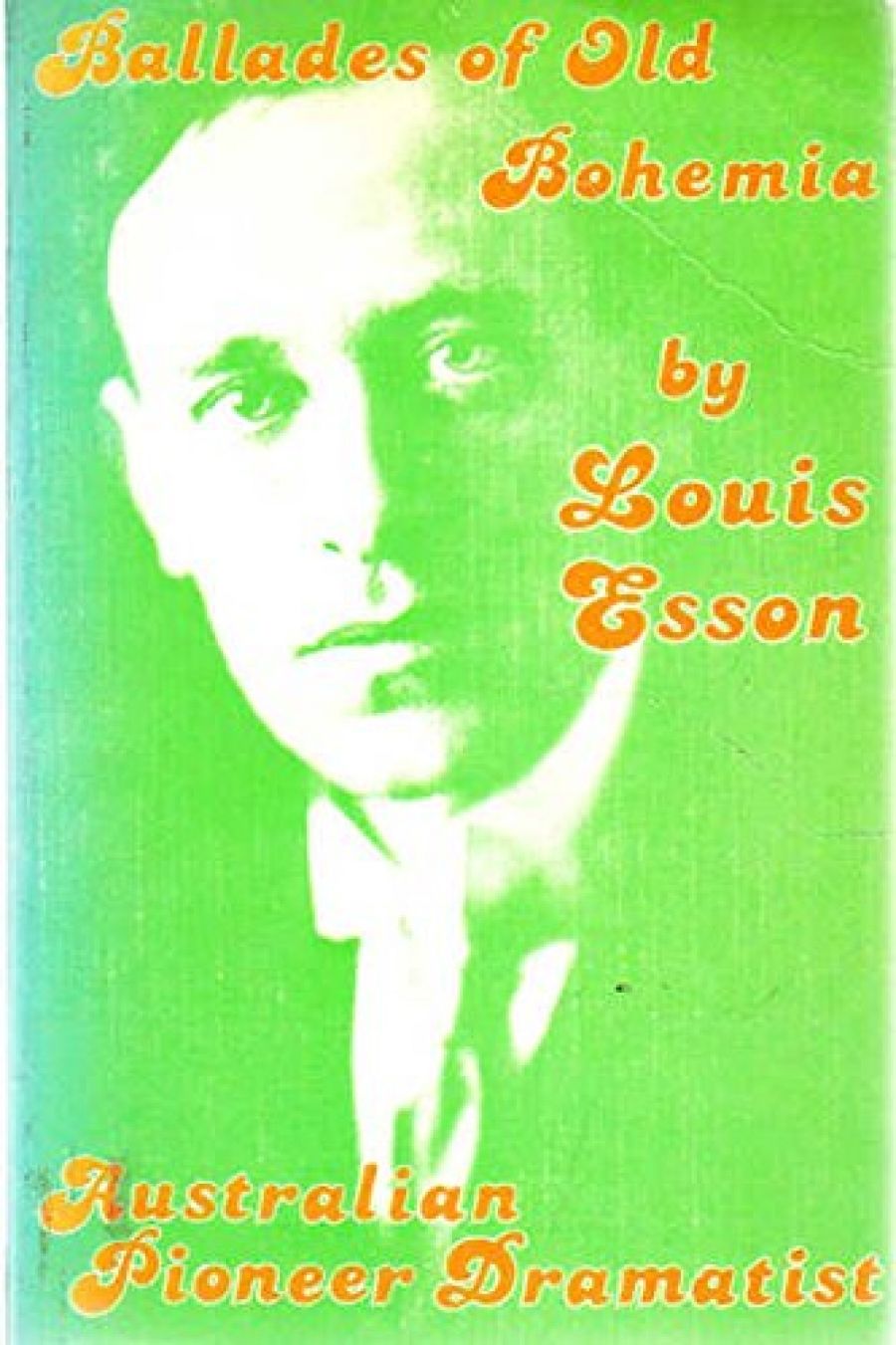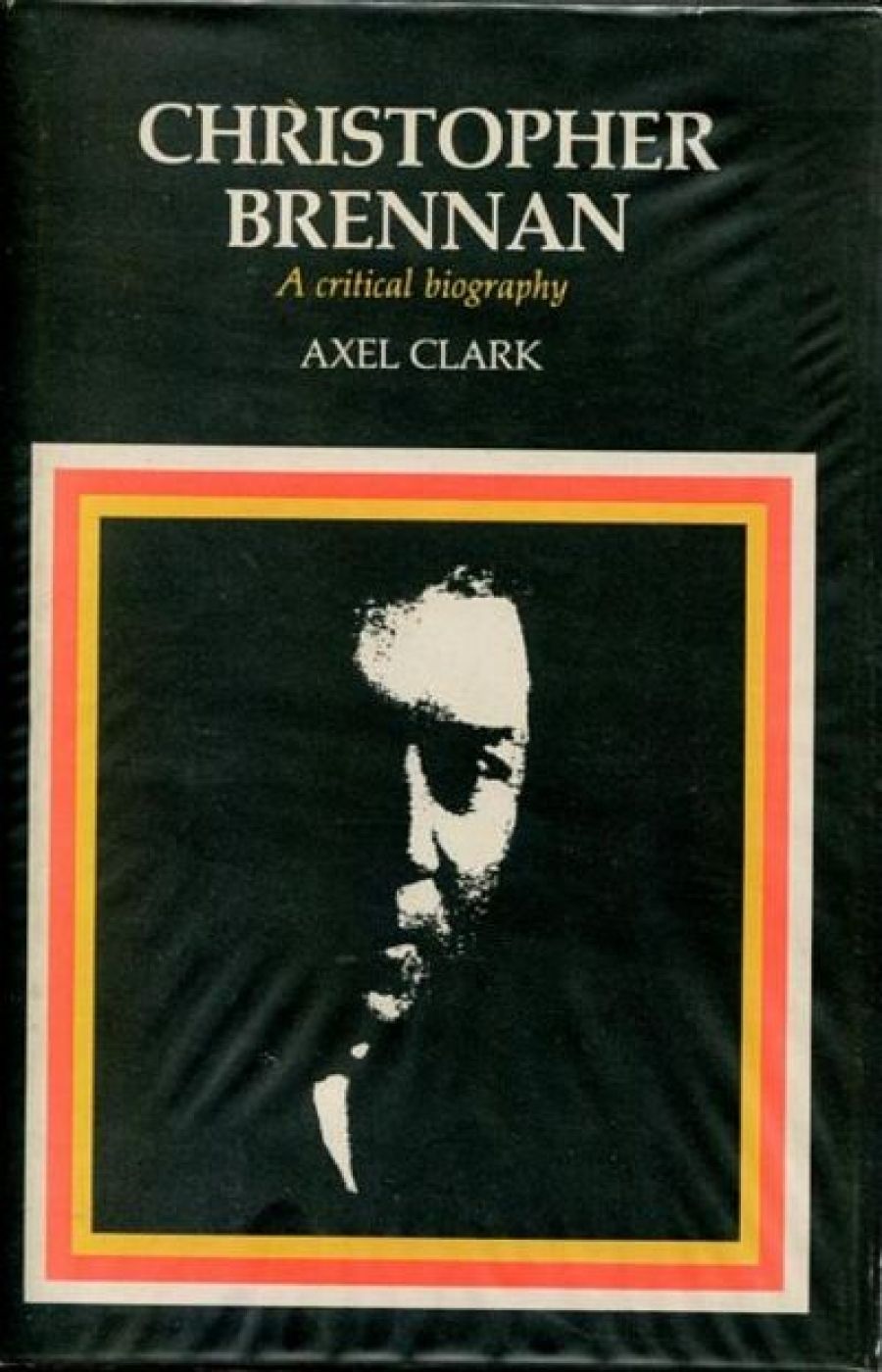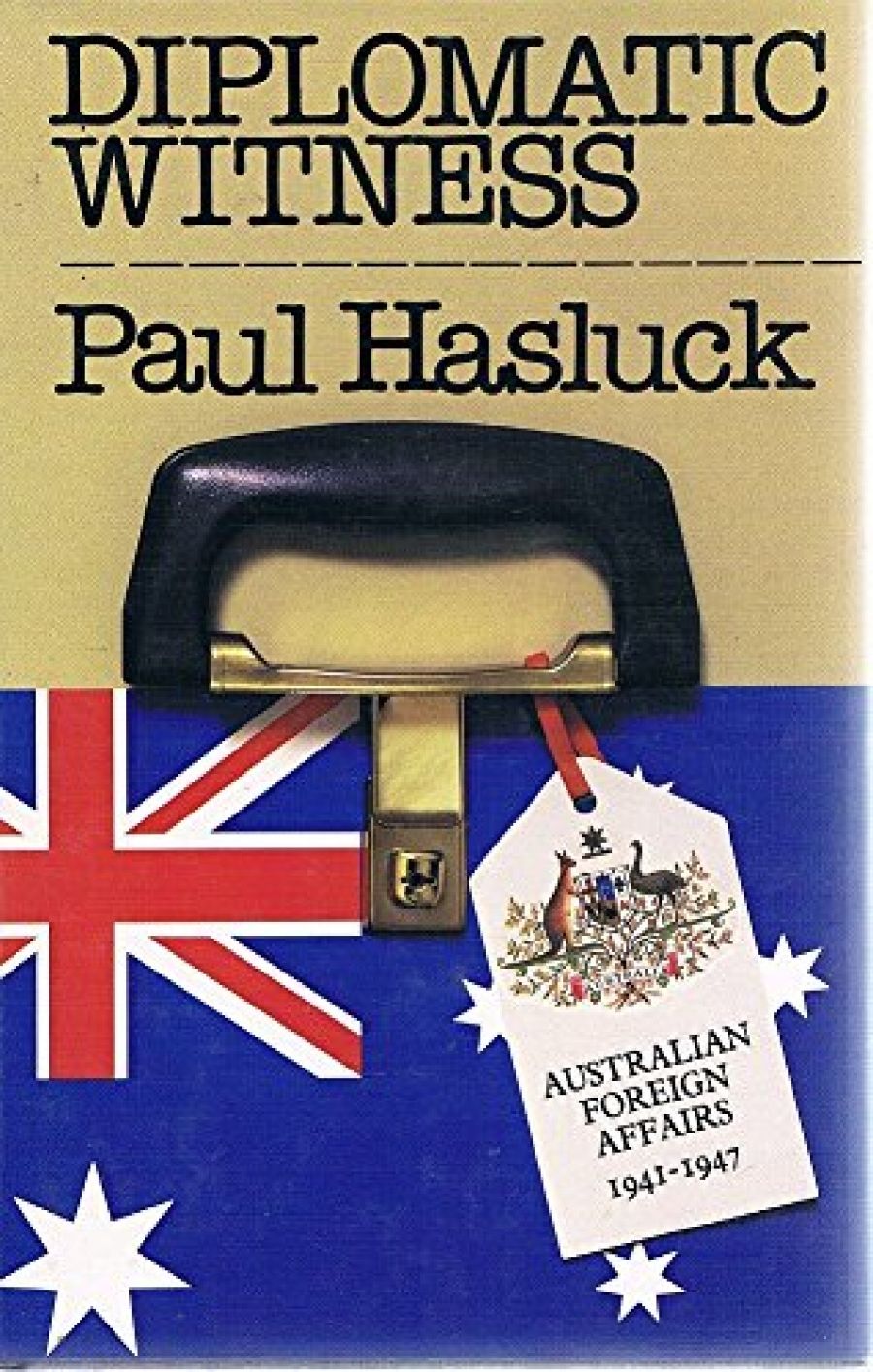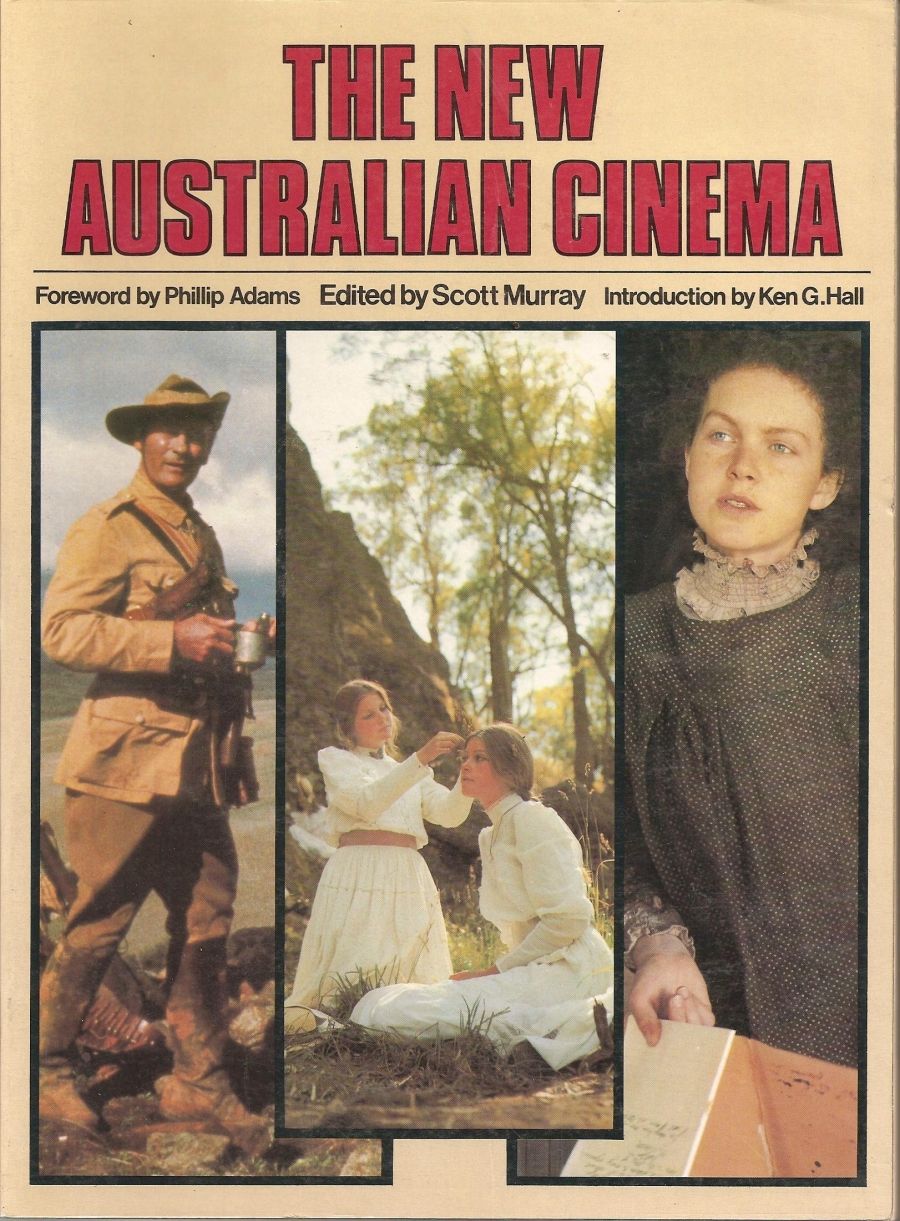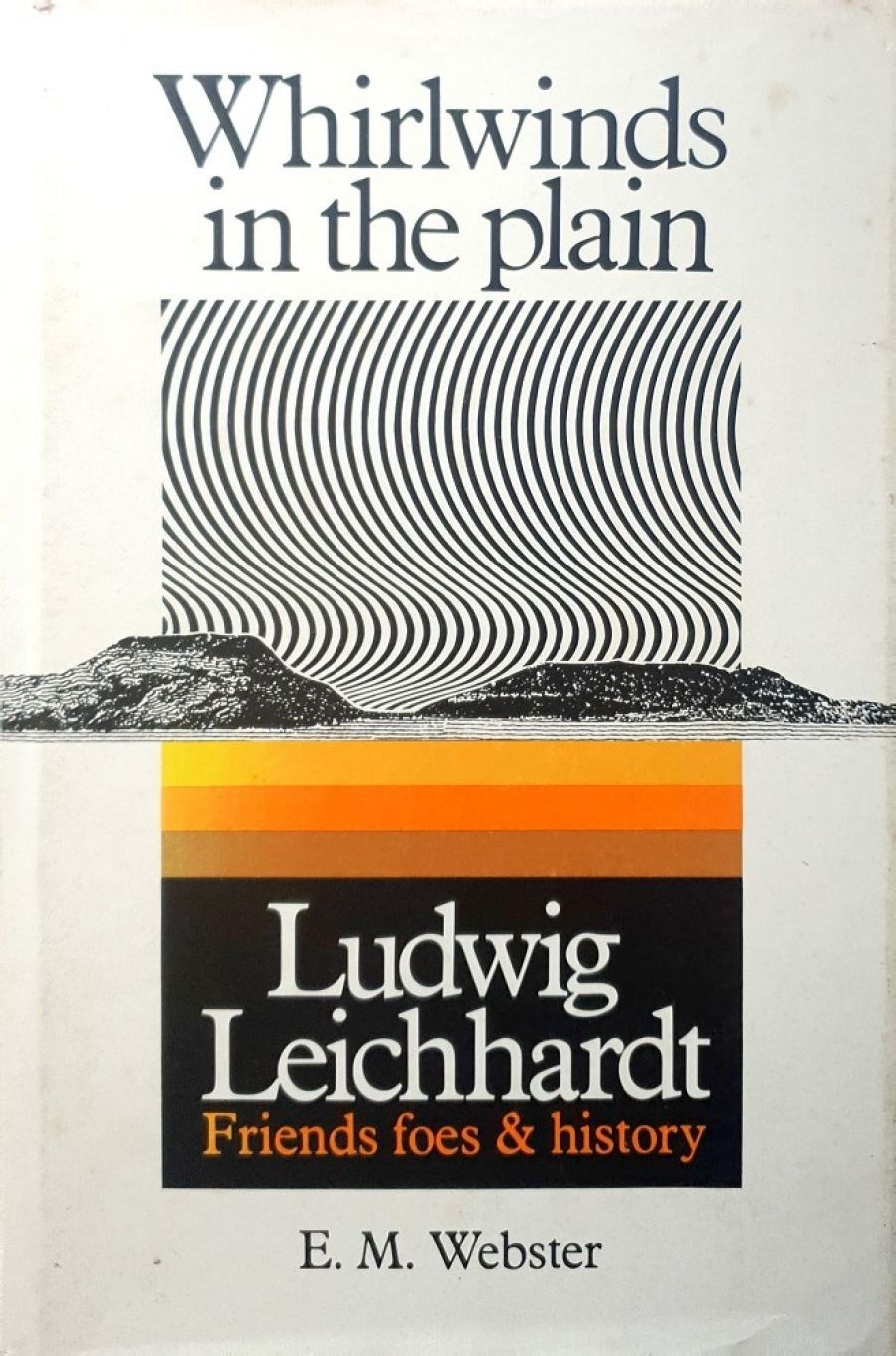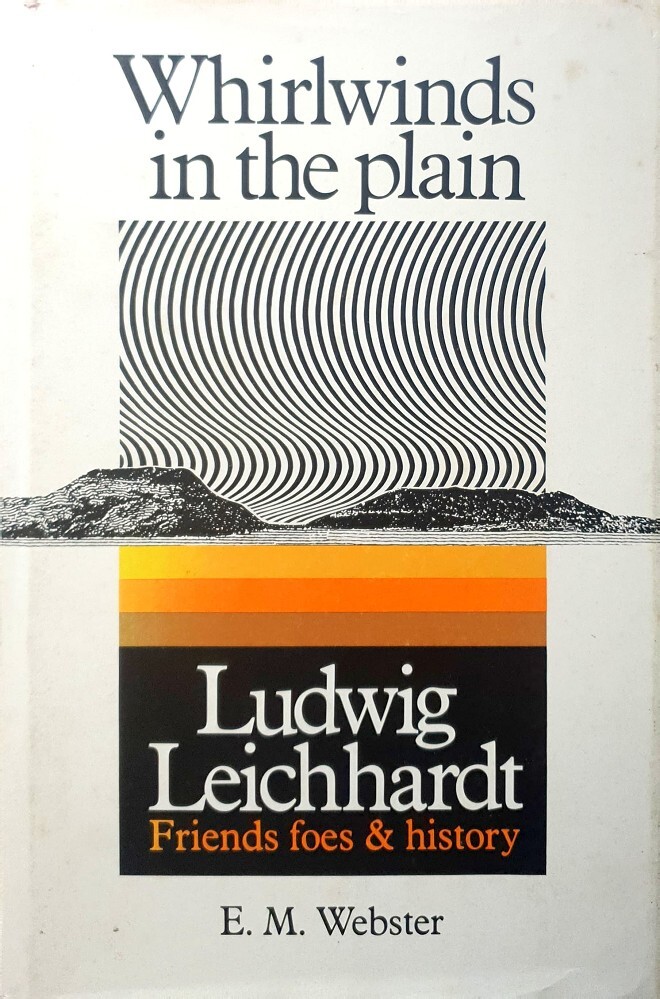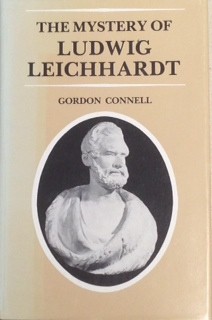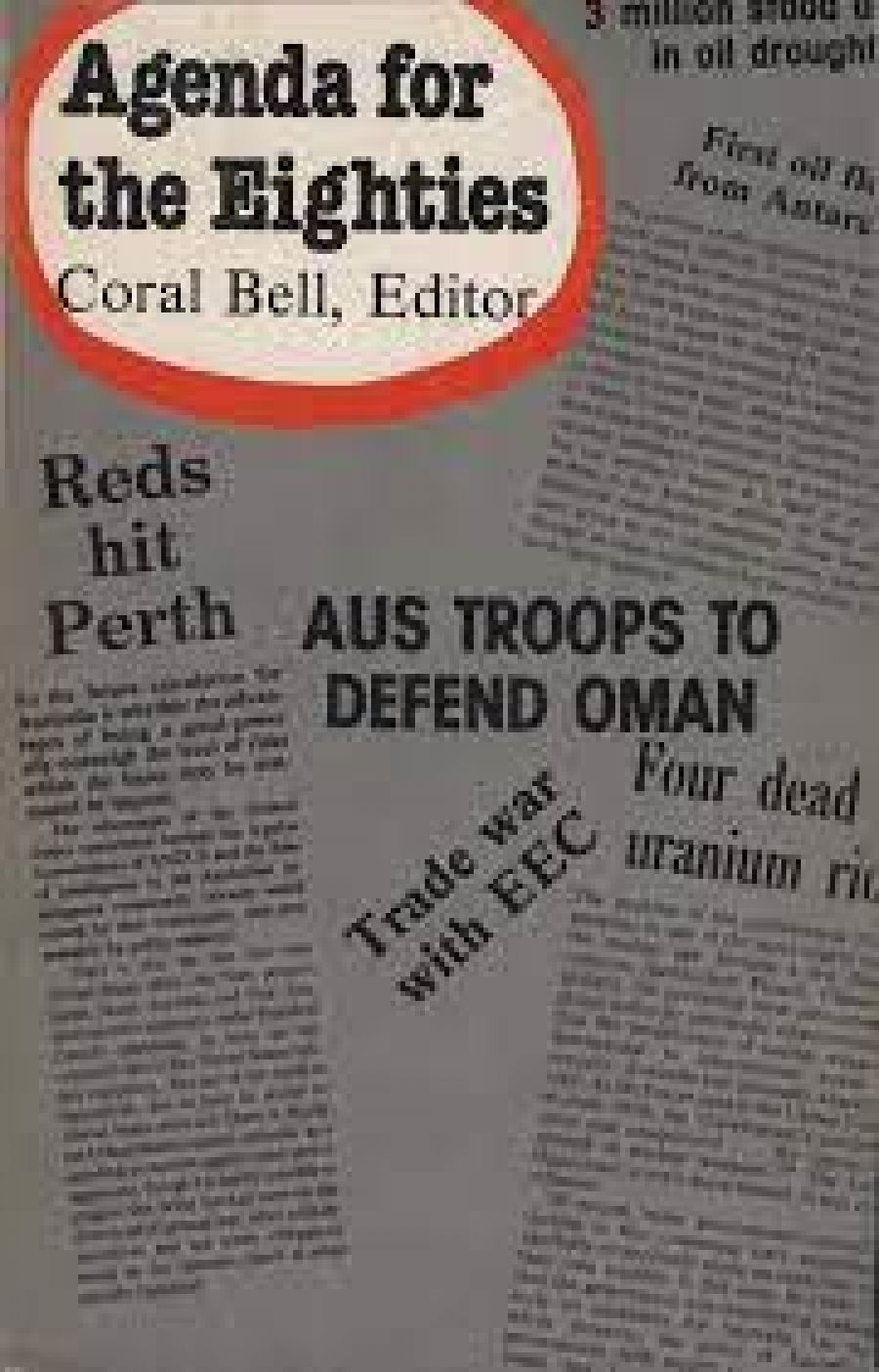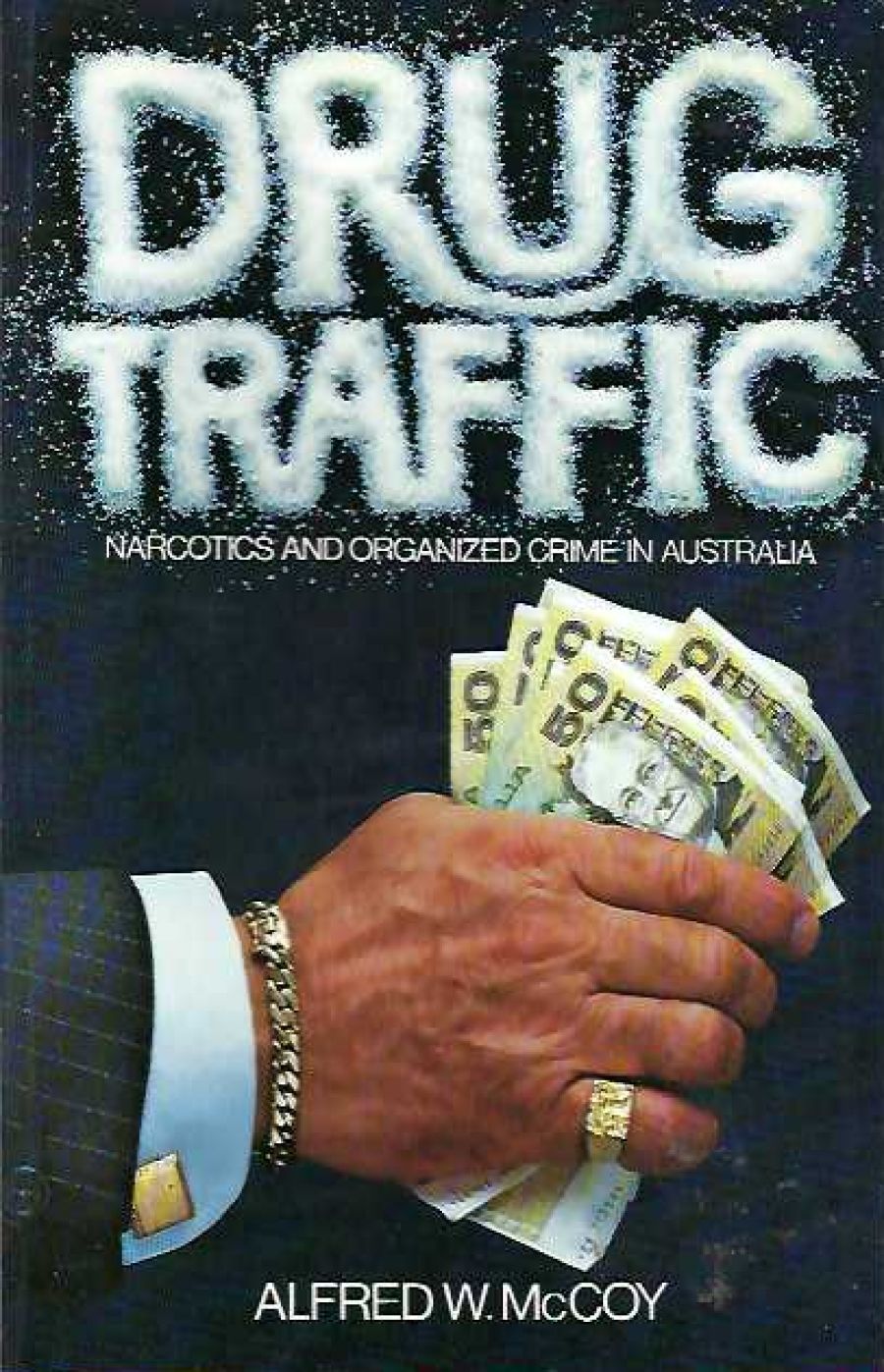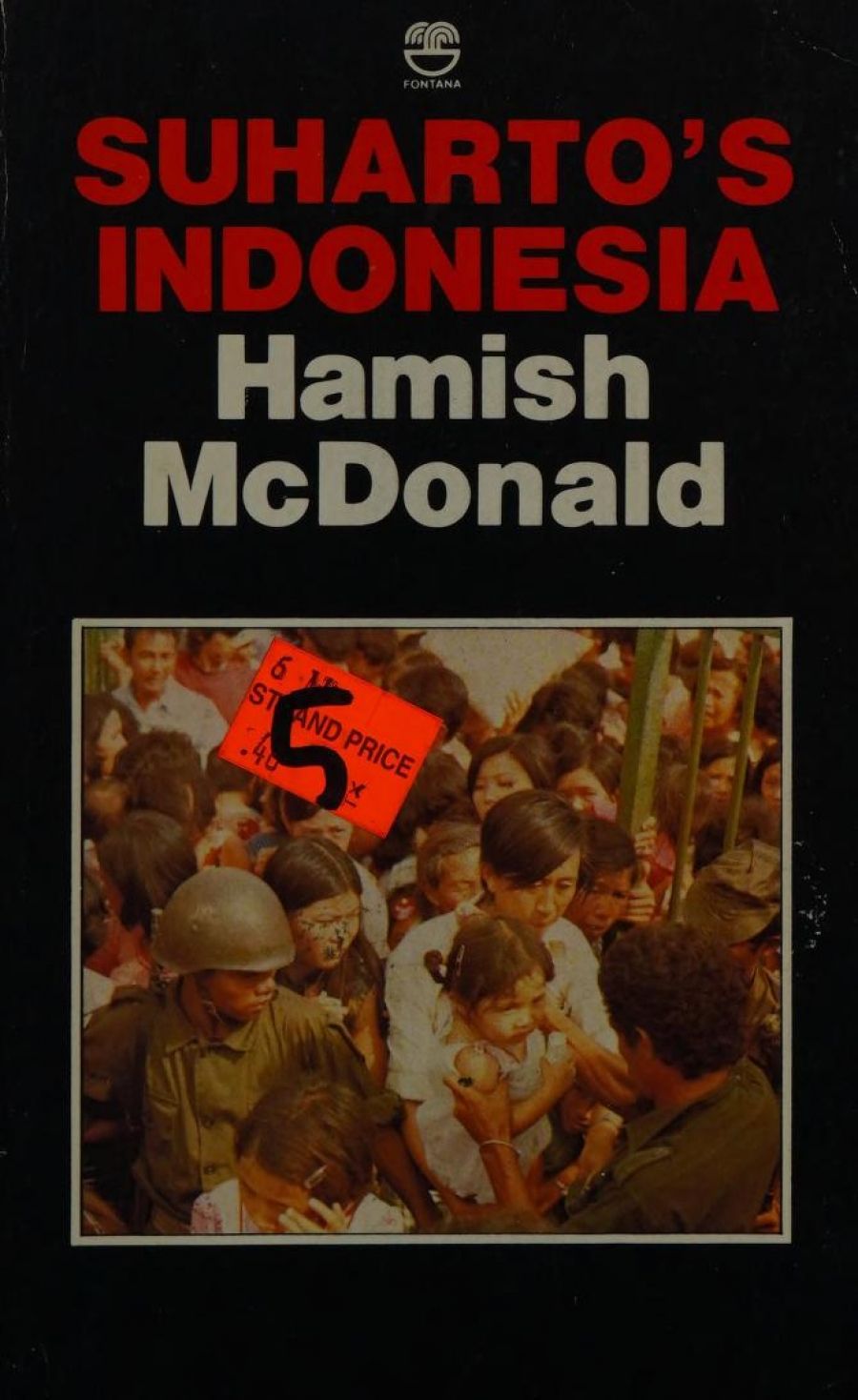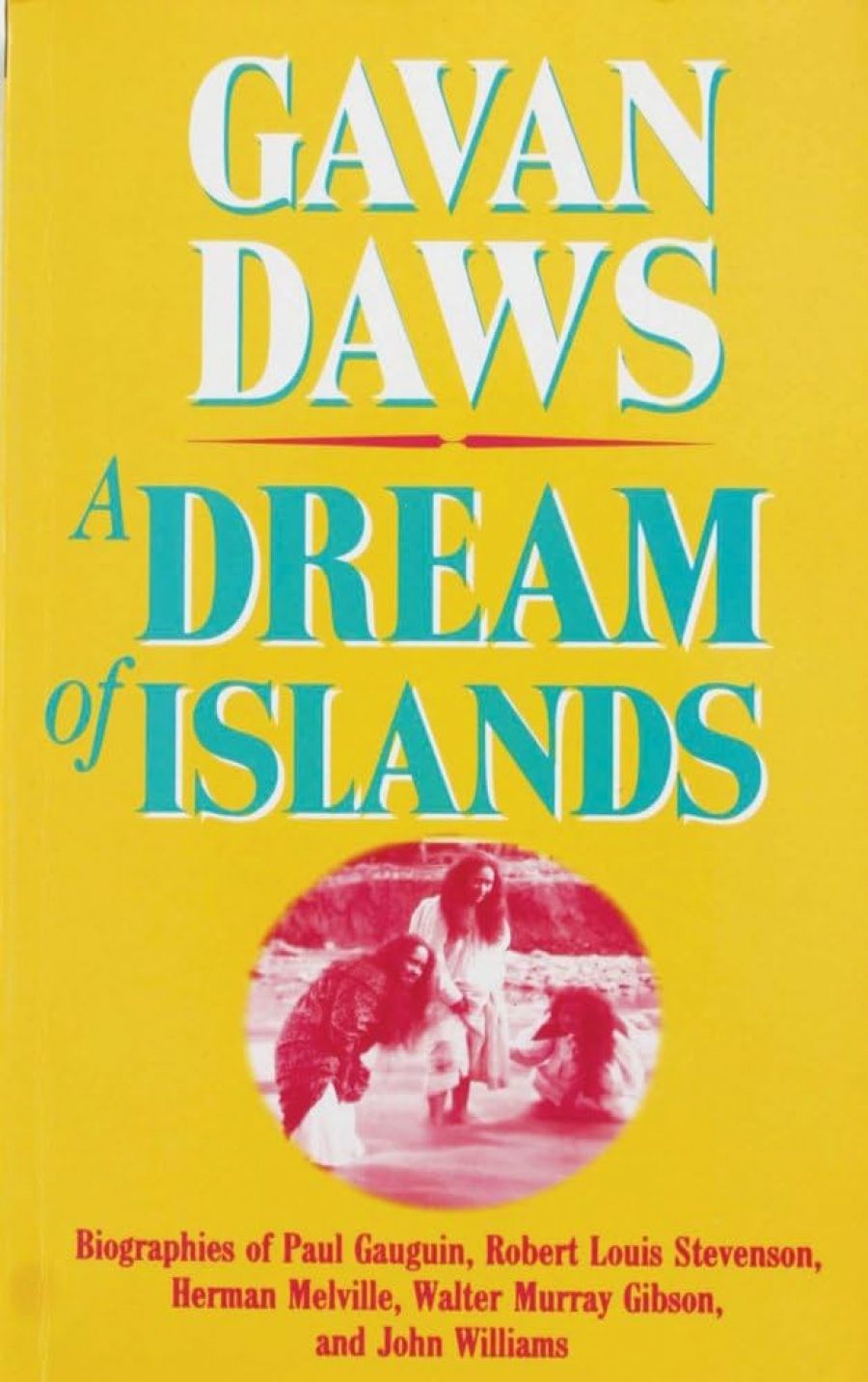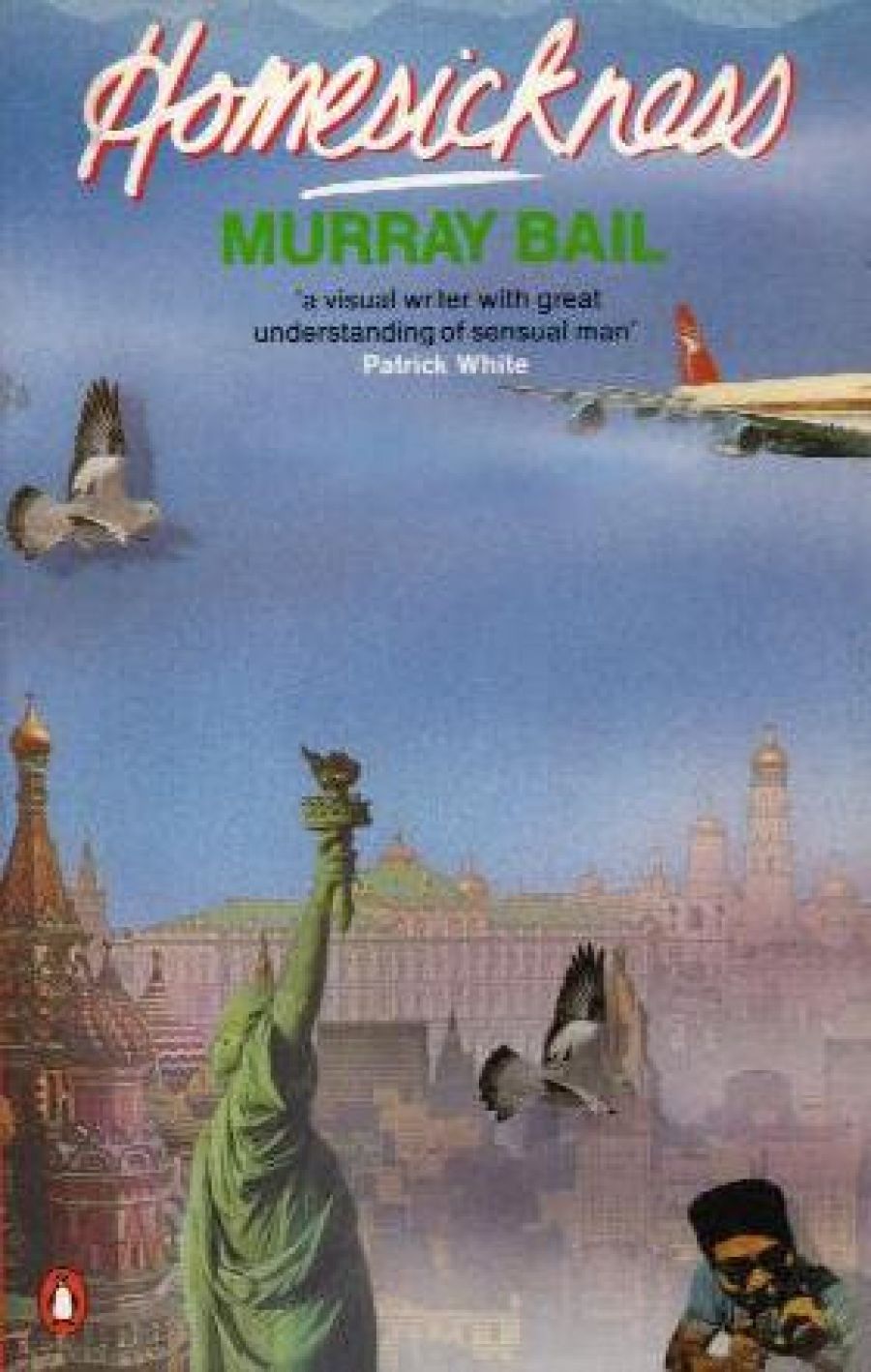
- Free Article: No
- Contents Category: Fiction
- Review Article: Yes
- Article Title: Desolation of modern life
- Online Only: No
- Custom Highlight Text:
I found Murray Bail’s novel Homesickness a work of brilliant and resonant artistry, which despite many unlikely incidents, succeeds in being thoroughly credible in all its parts. It is also a desolating book, a comedy, but a very black one.
- Book 1 Title: Homesickness
- Book 1 Biblio: Macmillan, 317 pp
- Book 2 Title: Monkeys in the Dark
- Book 2 Biblio: Aurora Press, 76 pp, $12. 95
- Book 2 Cover Small (400 x 600):

- Book 2 Cover (800 x 1200):

- Book 2 Cover Path (no longer required): images/1_SocialMedia/2021/Nov_2021/META/138112 copy.jpg
I found Murray Bail’s novel Homesickness a work of brilliant and resonant artistry, which despite many unlikely incidents, succeeds in being thoroughly credible in all its parts. It is also a desolating book, a comedy, but a very black one.
The story describes the adventures of thirteen Australian tourists, following them from Africa to London, to Quito, to New York, to London again, thence to Moscow, and finally to an unidentified place at the book’s close that might be hell, and is certainly limbo. The Australians spend most of the book sightseeing, progressing through a variety of bizarre museums, a museum for domestic goods in Africa where tubes of toothpaste, lawnmowers and syphons are displayed, a corrugated-iron museum in England, a leg museum in Quito where their guide is a one-legged Italian, a museum dedicated to the institution of marriage in New York, and one dedicated to gravity in Moscow. Apart from their museum experiences, the Australians are voyeurs at a gang-rape in New York where they have joined a safari-like enterprise that caters for this grotesque titillation, spectators at an English home where one, Fred Russell, whose outsized nose resembles Ayers Rock, causes his monstrosity to change colours like the Australian monolith. Despite so much time being spent in museums, there is a strong sense of locality evoked as the Australians fly from continent to continent. The atmosphere of London, Ecuador, New York is faithfully recreated; the events take place in this world and at this time.


